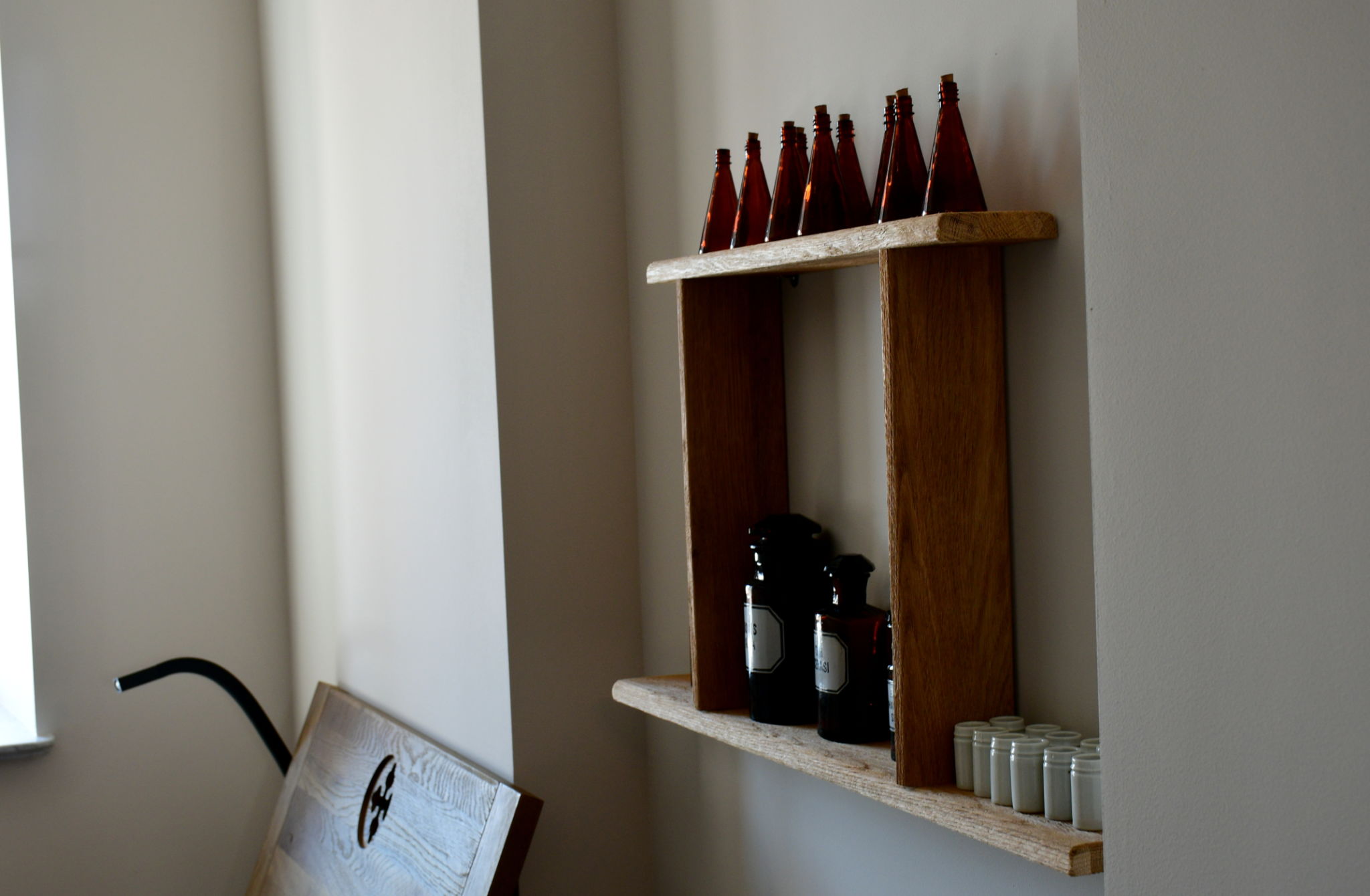The Role of Coffee in Catholic Traditions: A Historical Perspective
The rich aroma of coffee brewing has long been a part of daily life, but its role within the Catholic tradition spans centuries and intertwines with numerous cultural and religious practices. Understanding this historical perspective offers insights into how coffee has become more than just a beverage in the Catholic world.
The Introduction of Coffee to Europe
Coffee's journey to Europe began in the 16th century, and it wasn't long before it caught the attention of the Catholic Church. Initially met with suspicion due to its Islamic origins, coffee was considered a "bitter invention of Satan" by some clergy members. However, its widespread popularity soon demanded a more nuanced approach from the Church.
In 1600, Pope Clement VIII reputedly sampled coffee and declared that it was "so delicious that it would be a pity to let the infidels have exclusive use of it." This papal blessing significantly contributed to the beverage's acceptance across Europe, paving the way for coffeehouses to become hubs of social and intellectual exchange.

Coffee in Monastic Life
Monasteries have played a crucial role in the history of coffee within Catholic traditions. Monks discovered that coffee's invigorating properties helped them stay awake during long prayer sessions and nocturnal vigils. It quickly became an essential part of monastic life, particularly among those following the Benedictine rule of ora et labora, meaning "pray and work."
Monasteries not only consumed coffee but also became prominent producers, cultivating coffee plants in their gardens. This practice helped sustain monastic communities financially and allowed them to share coffee's benefits with pilgrims and visitors.

Coffee and Catholic Celebrations
As coffee became integrated into Catholic culture, it found its place in various religious celebrations. It is often served during feast days and other significant religious events, providing a moment of warmth and camaraderie among the faithful. Coffee serves as a symbol of hospitality and community within these gatherings.
In some Catholic regions, specific traditions have evolved around coffee. For instance, in Italy, espresso is a staple at many religious celebrations, while in Latin America, the drink may be accompanied by traditional pastries during festive events.

The Social Impact of Coffeehouses
Coffeehouses emerged as important centers for social interaction and discourse throughout Europe. These establishments were frequented by clergy and laypeople alike, offering a space where ideas could be exchanged and debated. The coffeehouse culture contributed significantly to the exchange of religious and philosophical thoughts during the Enlightenment period.
In many ways, coffeehouses became an extension of the Church's influence in public life. They encouraged dialogue and reflection, aligning with the Church's mission to foster community and intellectual growth.
Modern-Day Reflections
Today, coffee continues to hold a special place in Catholic traditions around the world. It is not uncommon to find coffee served after Mass or during church gatherings, reinforcing its role as a catalyst for community building.
With its deep-rooted history and continued presence in Catholic life, coffee remains a powerful symbol of hospitality, spirituality, and cultural exchange. The next time you enjoy a cup, consider the rich tapestry of traditions and history that have contributed to making coffee a cherished part of Catholic culture.
